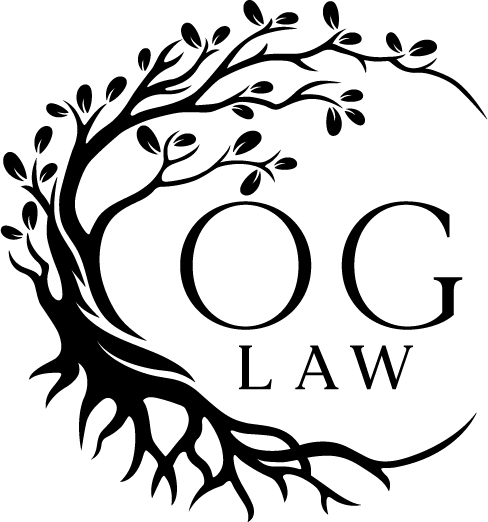
Overview of the False Claims Act
The False Claims Act (FCA), often referred to as the “Lincoln Law,” is a federal statute that imposes liability on individuals and companies who defraud governmental programs. Enacted during the Civil War in 1863, the FCA was designed to combat rampant fraud by suppliers to the Union Army. Over time, the Act has become one of the most powerful tools in the government’s arsenal for combating fraud against federal programs, particularly in areas such as healthcare, defense contracting, and financial services.
The FCA has undergone several amendments, most notably in 1986, which strengthened its provisions and made it easier for private individuals, known as “whistleblowers” or “relators,” to file lawsuits on behalf of the government. These amendments also increased the financial incentives for whistleblowers and enhanced protections against retaliation.
Government Success in Recovering Funds
The FCA has been extraordinarily successful in recovering funds for the government. Since the 1986 amendments, the Department of Justice has recovered more than $70 billion in settlements and judgments from FCA cases. A significant portion of these recoveries has come from the healthcare sector, particularly in cases involving Medicare and Medicaid fraud. The FCA has also been used to recover funds in cases involving defense contractors, federal loans and grants, and other industries where government funds are at risk.
Filing a False Claims Act Case
Ortega Group is dedicated to guiding whistleblowers through every step of the False Claims Act process. We begin by conducting a thorough investigation and gathering all the available evidence and information relevant to the fraud. With this foundation, we prepare a comprehensive disclosure package that clearly presents the facts and legal basis of the claim to the government, enabling it to conduct an independent investigation effectively.
Simultaneously, we work closely with the whistleblower to draft and file a strong, well-supported complaint, ensuring that the case is positioned for success. The complaint is filed under seal initating what is known as a “qui tam” action. During the sealed period, the government has the opportunity to investigate the allegations and decide whether to intervene in the case. If the government intervenes, it takes over the prosecution of the case; if it declines, the whistleblower may continue the case on his own.
Our goal is to provide meticulous and strategic support throughout the entire process, maximizing the likelihood of a favorable outcome.
Rewards and Protections for Whistleblowers
Whistleblowers play a crucial role in uncovering fraud, and the FCA offers significant rewards and protections to encourage their participation. Whistleblowers can receive between 15% and 30% of the total recovery in a successful qui tam action, depending on whether the government intervenes in the case. Additionally, the FCA provides robust protections against retaliation, including reinstatement, double back pay, and compensation for any special damages, such as legal fees or emotional distress.
The False Claims Act is a powerful mechanism for combating fraud against the government. By providing financial incentives and legal protections to whistleblowers, the FCA has helped recover billions of dollars and deter future fraud. Ortega Group has extensive experience representing whistleblowers in FCA cases, providing knowledgeable and aggressive representation in this complex and high-stakes area of the law.
Contact us today to discuss how we can assist with your potential whistleblower matter. All your communications with us during the evaluation process are confidential and protected by the attorney-client privilege.

